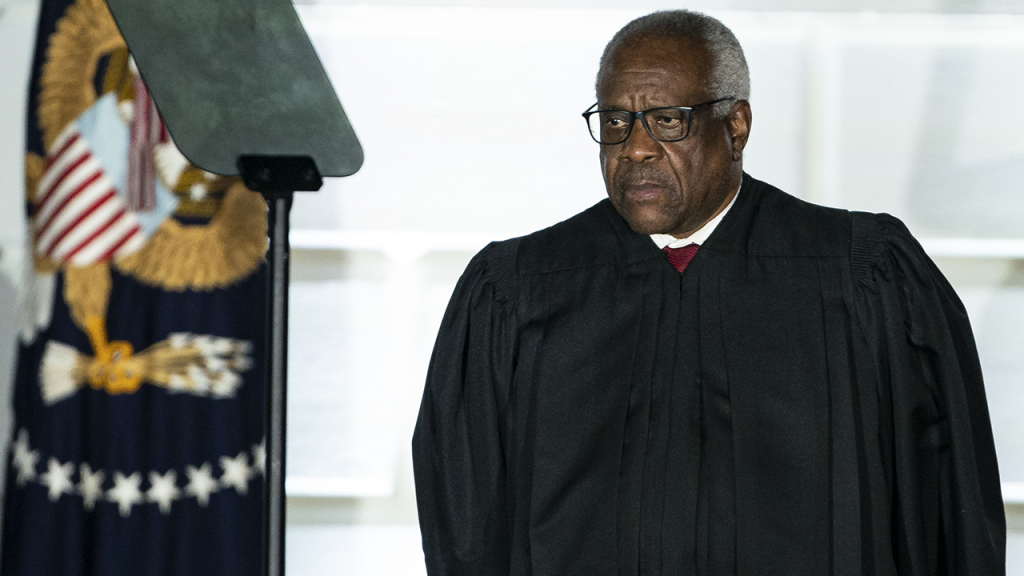Supreme Court Justice Clarence Thomas recently acknowledged previously unreported trips overseas that were paid for by his friend, conservative businessman Harlan Crow. These trips, including one to Bali and another to Sonoma County, California, were not disclosed in Thomas’ 2019 financial disclosure report, but were included in his amended 2023 forms. Thomas stated that he sought guidance from his accountant and ethics counsel during the preparation and filing of the report, and he has always followed Supreme Court guidance regarding financial disclosures. Thomas defended the trips, citing his longstanding friendship with the Crows and noting that he had sought advice early in his tenure that personal hospitality from close friends was not reportable.
In response to heightened scrutiny from Senate Judiciary Democrats and new ethics laws for the high court, the Supreme Court issued a new “Code of Conduct” in November. This Code includes specific guidelines for Justices regarding the use of judicial chambers, resources, and staff, as well as acceptance of compensation and reimbursement for expenses related to permitted activities. The Code also addresses the need for expense reimbursement to be limited to the actual or reasonably estimated costs of travel, food, and lodging incurred by the Justice and their spouse or relative. Additionally, the Code emphasizes compliance with the statute governing financial disclosure, with all Justices individually reaffirming their commitment to this principle.
Financial reports for seven other justices were released alongside Thomas’ amended forms, with only Samuel Alito receiving a 90-day extension to release his report. The release of these reports comes amid ongoing discussions about ethics and accountability within the Supreme Court, particularly following reports of private trips taken by Justices Thomas and Alito that were paid for by others, as well as the use of court staff for book promotion by Justice Sonia Sotomayor. These developments have led to increased scrutiny and calls for stricter guidelines and transparency among the Justices.
Thomas’ statement regarding the undisclosed trips emphasized his long-standing friendship with the Crows and his adherence to the guidance he received early in his tenure on the bench. He noted that the guidelines for financial disclosure have been changed, with new guidance from the committee of the Judicial Conference responsible for financial disclosure for the entire federal judiciary. Thomas expressed his intent to follow this new guidance in the future, signaling a willingness to adapt to evolving standards of transparency and accountability within the judicial branch. The Justice also highlighted the personal nature of his relationship with the Crows and the role of personal hospitality in their interactions.
Overall, the acknowledgement of previously unreported trips paid for by Harlan Crow, the release of amended financial reports by Thomas and other justices, and the issuance of a new “Code of Conduct” by the Supreme Court all point to a larger conversation about ethics, transparency, and accountability within the judicial branch. As the Court navigates increased scrutiny and calls for stricter guidelines, Justices like Thomas are facing renewed attention to their personal relationships and financial disclosures. The evolving standards and expectations for ethical conduct among the Justices will likely continue to shape the public discourse surrounding the highest court in the land.


